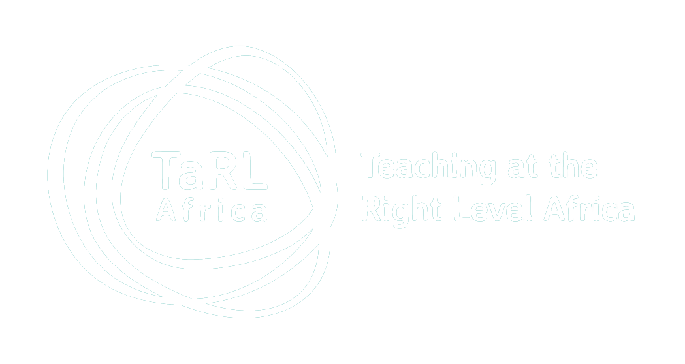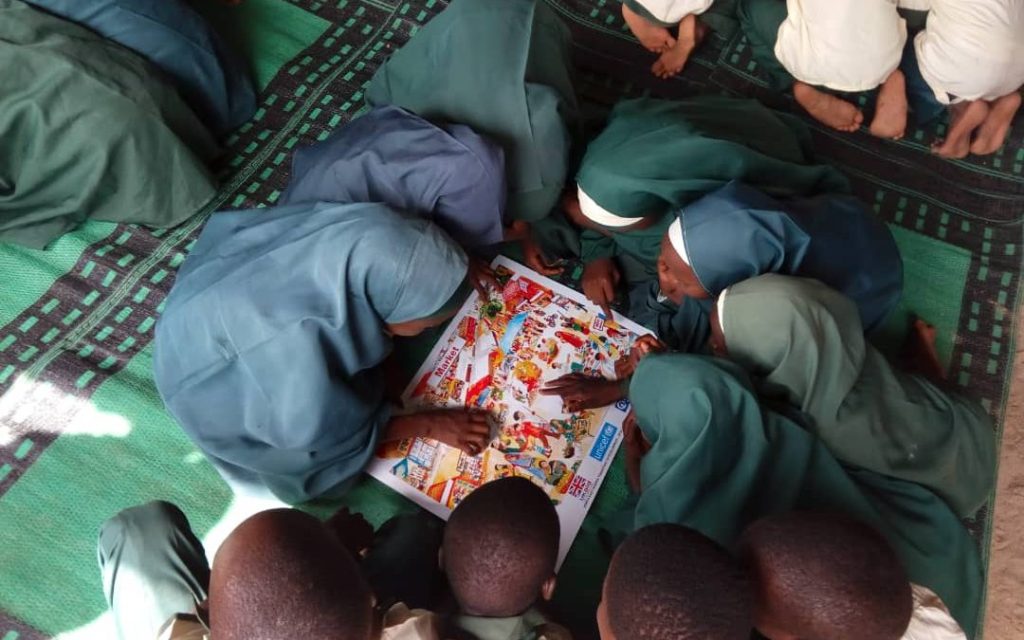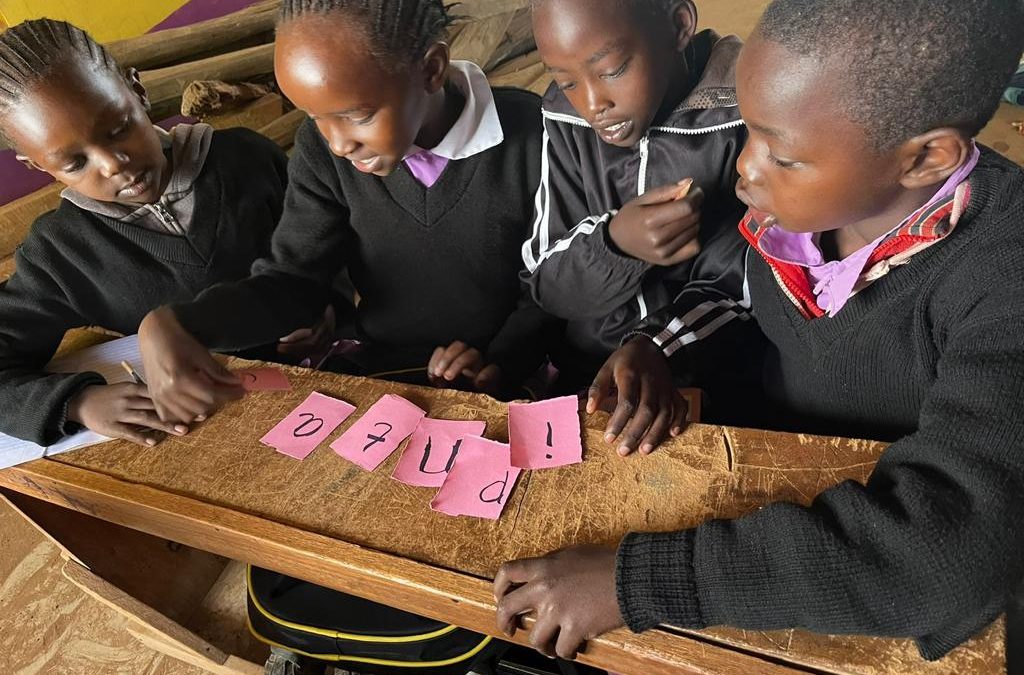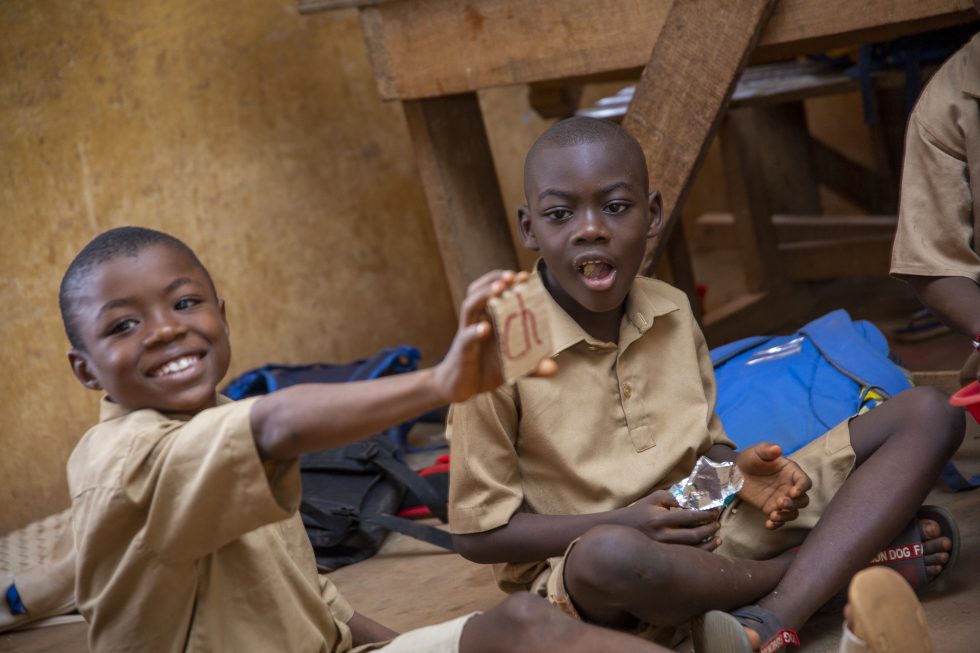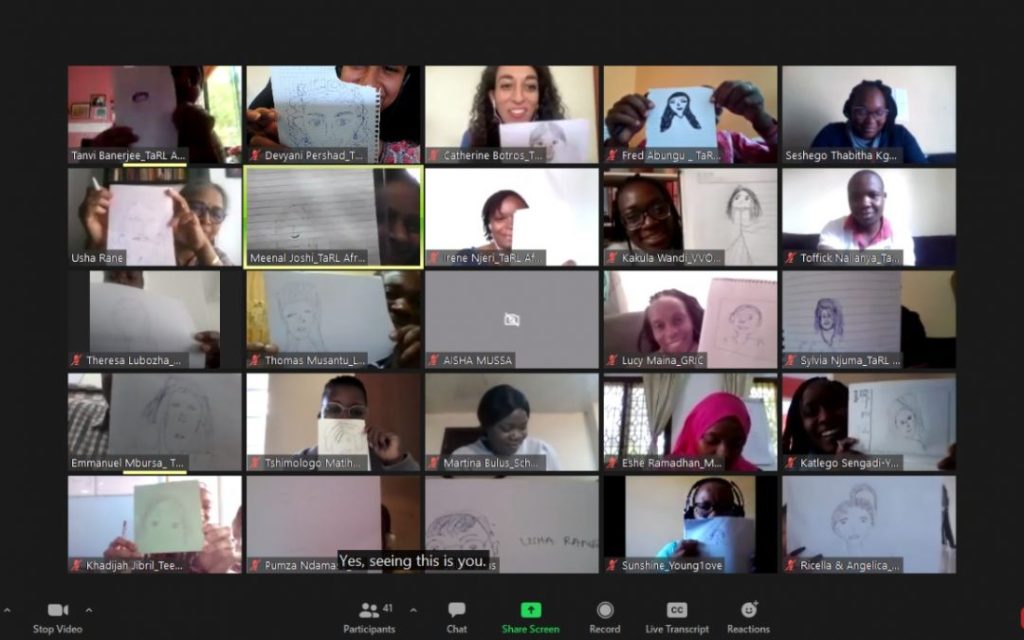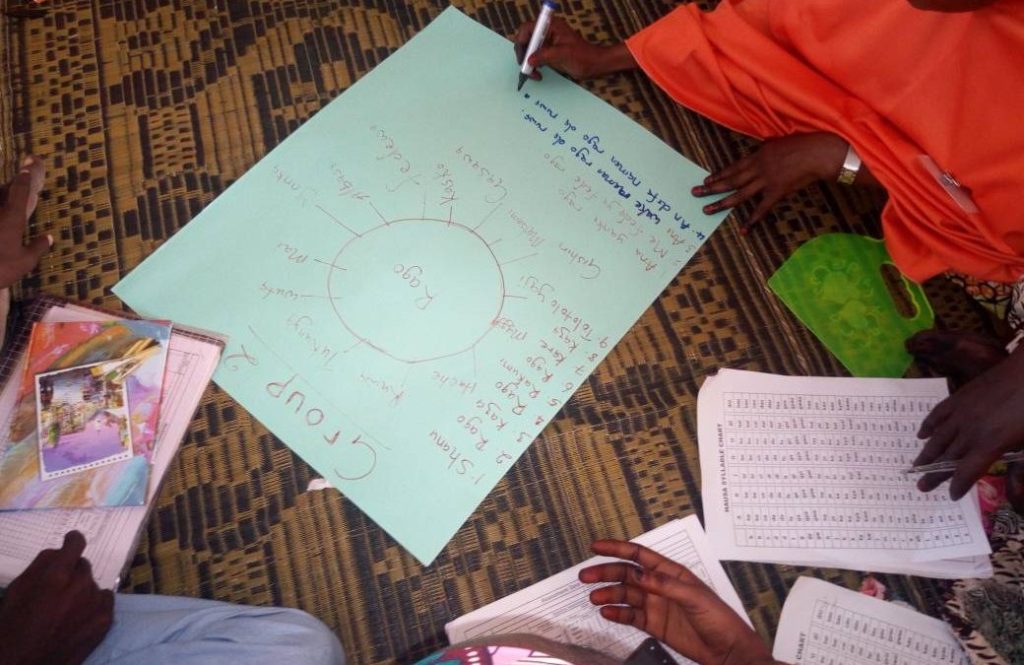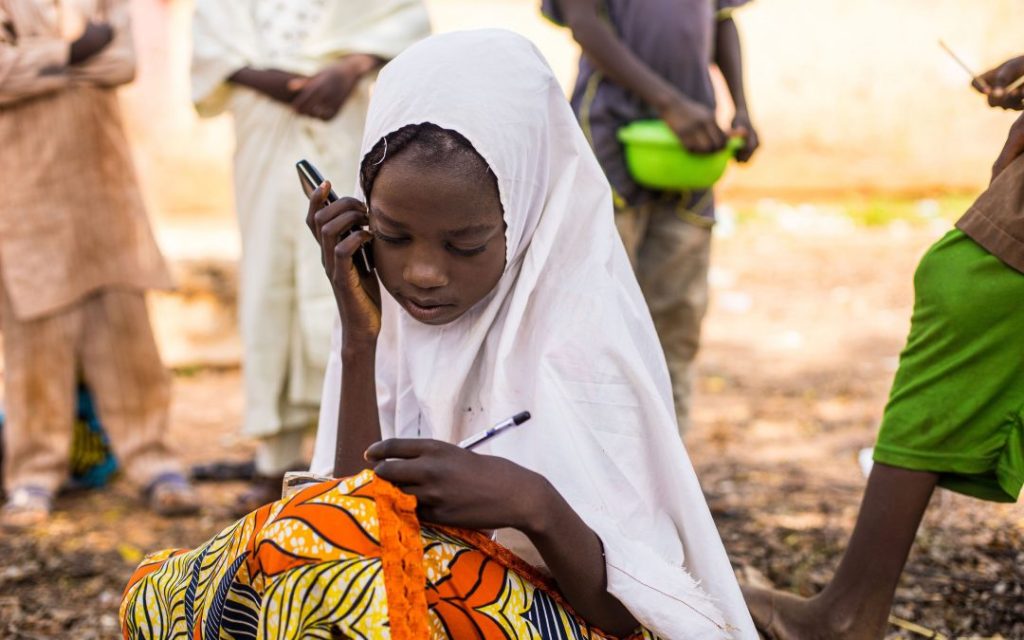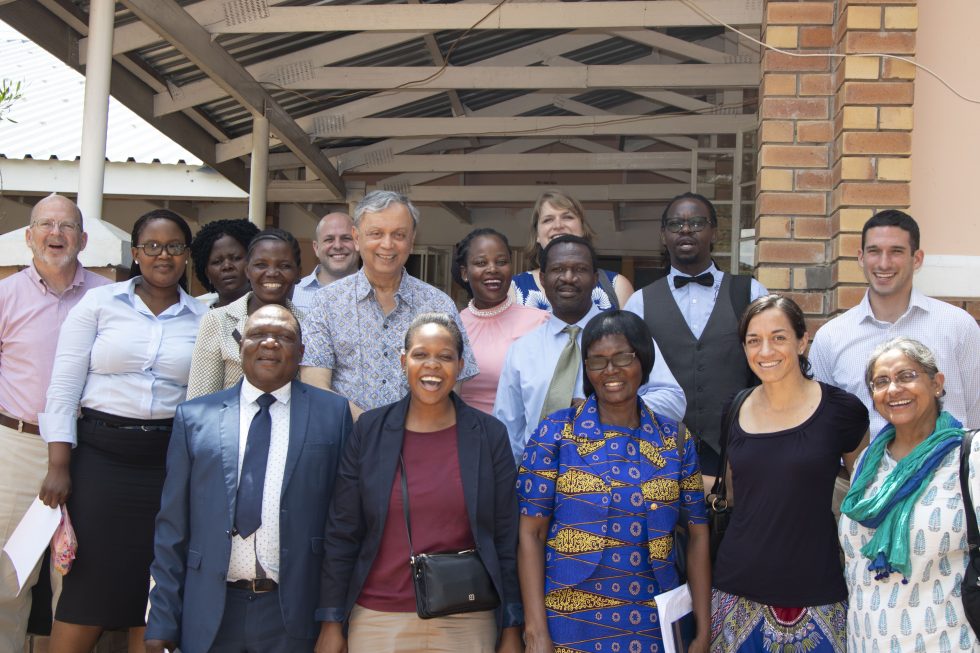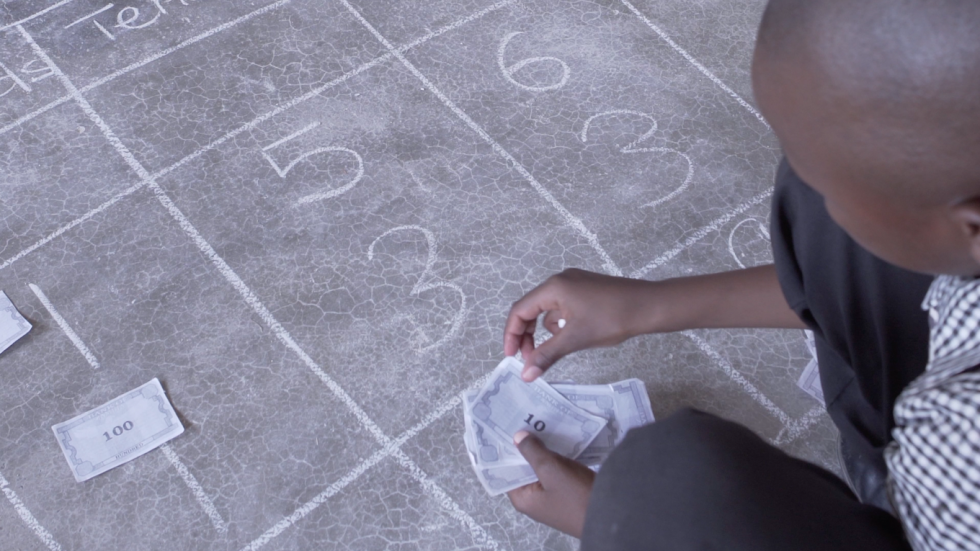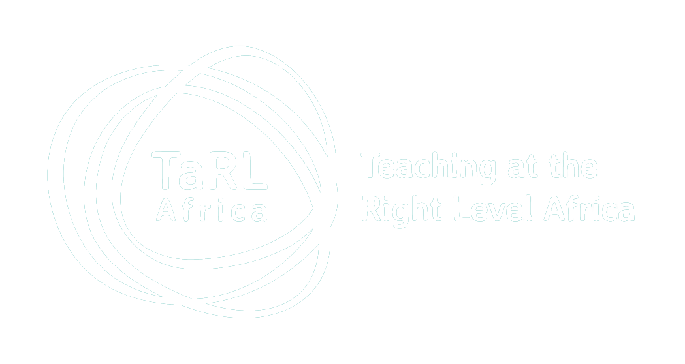Nigeria expansion: Spotlight on Kaduna and Bauchi
Learners in a TaRL classroom activity. Photo Credits: TaRL Africa The governments of Kaduna and Bauchi states have committed to implementing Teaching at the Right Level (TaRL) pilots after a successful TaRL programme that was implemented in Borno state in November 2021. The pilots are being led by the respective State Universal Basic Education Boards …
Nigeria expansion: Spotlight on Kaduna and Bauchi Read More »
